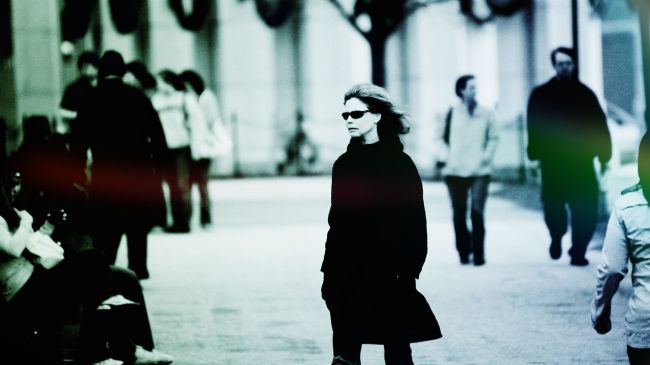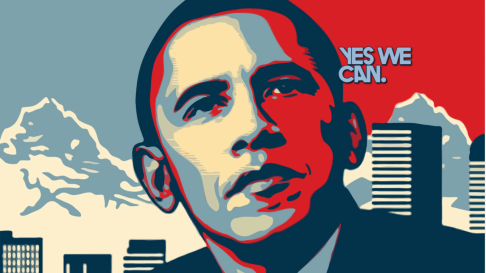I would like to start this post with a quote from Surveillance studies(2007) by David Lyon that sounds like this “We are all in a sense implicated in surveillance, both as watchers and as the watched”. We live in a world where technology ubiquity has become a part of our life. We are watched almost 24/7, for example if you have a Tesco club-card and use it on daily basis, they know exactly when you were in their shop and what have you bought. Another good example that works on the same principle is the gym membership, every time you enter your code they know that you went at the gym and how long you stayed there. Nowadays even your phone of computer can be tracked by the IP address. Even the CCTV from the streets are watching us constantly. In the same time we are watching other people, we use Facebook, Twitter or other social sites to “check” on our friends or sometimes on people that we don’t even know. Sometimes we even stalk celebrities we love, using social media. Another way we could be watched can be seen in the TV series “Person of Interest” where everyone is monitored through cell-phones, e-mails or every surveillance camera that is, to prevent acts of terror before they can happen. So what is a human being supposed to do to stay off the grid? I found an interesting video on YouTube that shows you ways to stay of the grid. But is a disposable phone, not using credit cards and encrypting your data is enough to do it? In my opinion in our days is almost impossible to stay of the grid if you are a normal person, we are depending on technology to much. I think that staying of the grid in our days is possible only is you have large amount of money and live a simple life on an far far away island. What do you think?
Monthly Archives: January 2014
How will the internet Evolve
Digital Politics
“The French sociologist Pierre Bourdieu(1991:172) has argued that a lack of access among the general populace to the tools necessary for political participation has resulted in the concentration of political power as the province of a small elite. Although much has been claimed for the potential of new media technologies to promote democratic political participation,it remains unclear whether the application of these technologies in practices as apparently diverse as those of electronic governance, interactive entertainment and virtual socialisation indeed offer the popular dissemination of the technological and cultural capital which Bourdieu sees as essential to the process of democratisation…”(Charles 2012:27)
These days everyone has to keep up with the technology, even politics. In order create a relation with the younger generation, politics has linked with the most used social media nowadays like Facebook and Twitter and even Youtube.”In April 2010, four weeks before a British parliamentary election,it was reported that the UK Electoral Commission had collaborated with Facebook to encourage unregistered voters to enfranchise themselves.”(Charles 2012:30).So, social networks are crucial for the politics, without them, they could not connect with the people.Because everyone has now a smartphone or a computer and at least an account on a social network, this is the easiest way to win a lot of people on your side. A great use of digital politics can be seen in Barak Obama’s campaigns. At his campaigns he used Facebook, Twitter and even YouTube to broadcast the debates and a lot of campaign clips.He also knew how to use popular culture in his favour.We can clearly see this in clips like We are the ones or Yes we can. When he used popular singers and actors to make a collage style music video inspired by his speech in 2008.And as we saw his successful campaigns helped his became the president of the United States of America two times.
This could be a great example of how digitalisation helped politics evolve.In our days without the help of world wide web any campaign would be hard to win.


